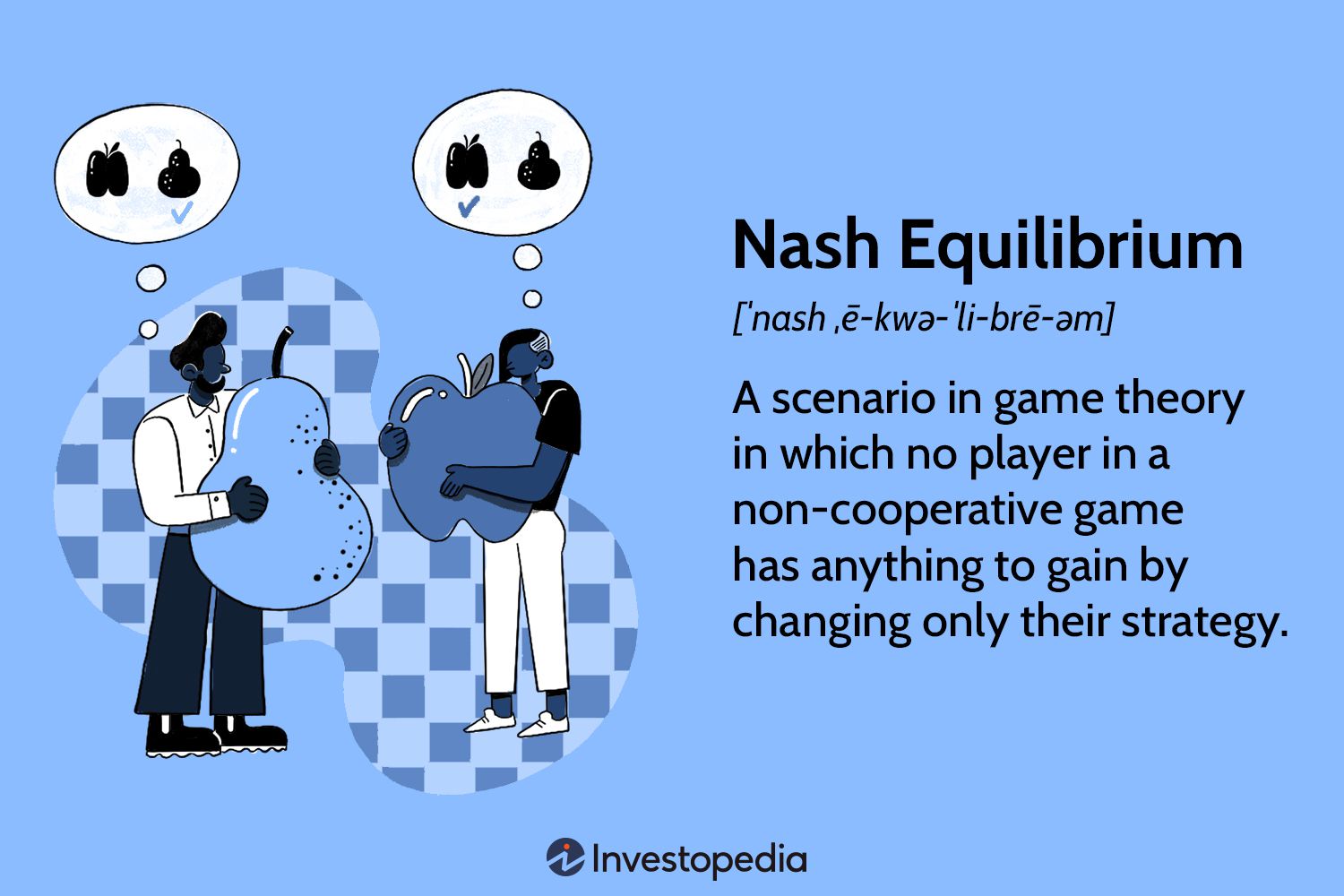In this article, we will dive into the concept of the Prisoner’s Dilemma – a classic game theory scenario that
explores the tensions between individual self-interest and group cooperation. Understanding the nuances of this
game can provide valuable insights into decision-making, both in strategic contexts and in everyday life.
Table of Contents
What is the Prisoner’s Dilemma?
The Prisoner’s Dilemma is a hypothetical situation where two suspects are arrested and held in separate prison
cells. Both suspects are aware that the police have strong evidence against them, but only have enough to
convict them of a lesser crime. The police offer each prisoner a deal:
| Prisoner A | Prisoner B |
|---|---|
| If you confess and your partner remains silent: | You will go free while your partner serves a 10-year sentence. |
| If you both confess: | You will both serve a 5-year sentence. |
| If you both remain silent: | You will both serve a 1-year sentence. |
From this table, it is clear that the best outcome for each individual is to confess, as it minimizes their
sentence when compared to the other options. However, when both prisoners decide to confess, they end up with a
less favorable outcome compared to if they had both remained silent.
Applying the Prisoner’s Dilemma to Real-World Situations
While the Prisoner’s Dilemma is a theoretical construct, similar scenarios arise in many aspects of life. It can
be seen in business negotiations, international relations, environmental decision-making, and even personal
relationships.
For example, in a business negotiation, two parties may have the option to cooperate and form a mutually
beneficial partnership or compete against each other. If both parties choose to compete, they may gain short-term
advantages, but in the long run, they could miss out on opportunities for growth.
In an international context, consider the issue of arms control between two nations. If one nation chooses to
disarm its nuclear weapons and the other doesn’t, the disarmed nation may face substantial security risks. At the
same time, if both nations continue their weaponization efforts, they risk escalating conflicts and a potential
arms race.
Strategies for the Prisoner’s Dilemma
Various strategies have been developed to analyze how individuals might behave in a Prisoner’s Dilemma scenario.
These strategies take into account assumptions about rational decision-making and the intentions of the other
player.
- TFT (Tit for Tat): This strategy involves starting with cooperation and then mirroring the opponent’s
previous move. It promotes reciprocal behavior. - Always Cooperate: This strategy involves always choosing cooperation, regardless of the other player’s
choice. It is based on the belief that cooperation leads to the best outcome in the long run. - Always Defect: This strategy involves always choosing defection. It is a pessimistic approach, assuming that
the other player will always go for personal gain. - Random Selection: This strategy involves choosing cooperation or defection at random. It introduces an
element of unpredictability.
Through research and analysis, it has been discovered that immediate self-interest often leads individuals to
defect, even though the overall outcome might have been better if both parties had cooperated.
The Importance of Cooperation
The Prisoner’s Dilemma highlights the value of cooperation in achieving the best possible outcomes for all
parties involved. It also demonstrates the importance of trust and communication in developing strategies that
promote collective success.
When individuals prioritize their self-interest over cooperation, it can lead to suboptimal results and missed
opportunities. However, when people work together towards a common goal, whether in personal relationships or
complex decision-making scenarios, the chances of achieving positive outcomes increase significantly.
Conclusion
The Prisoner’s Dilemma serves as a reminder that human behavior is influenced by a complex interplay of factors,
including self-interest, trust, and long-term benefits. By understanding the dynamics of this classic game
theory scenario, we can enhance our decision-making skills and adopt strategies that prioritize cooperation over
immediate personal gain.
So, the next time you find yourself faced with a situation that resembles the Prisoner’s Dilemma, remember to
consider the potential benefits of cooperation and the long-term consequences of prioritizing individual
self-interest.
